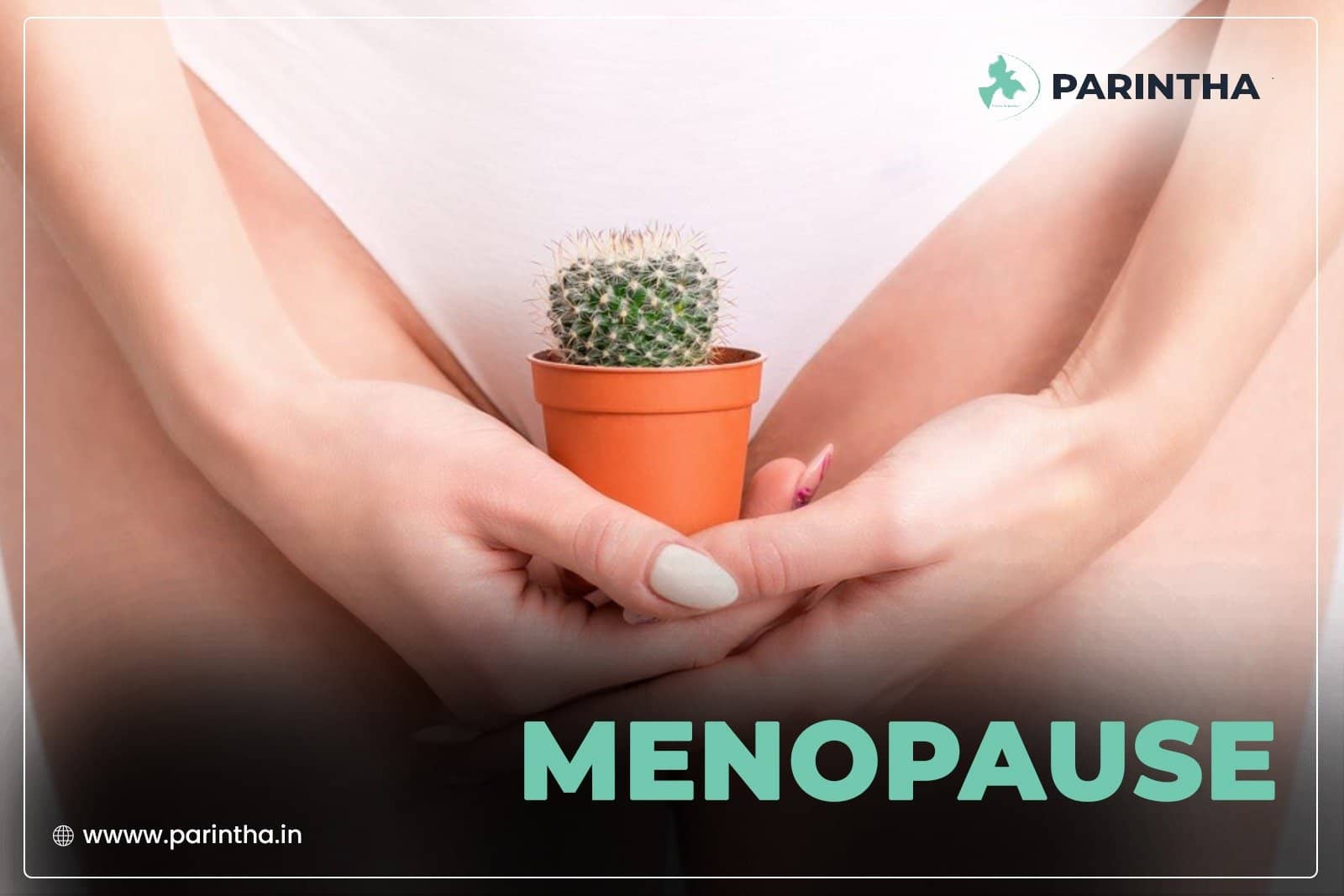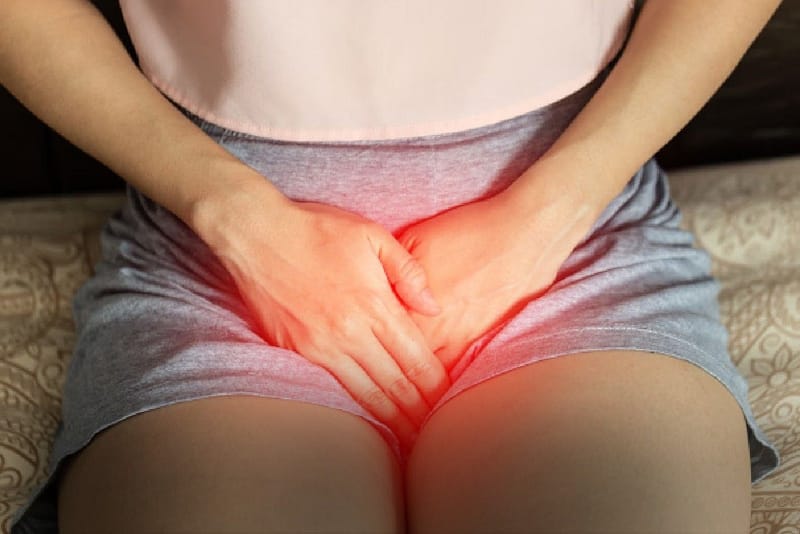
Despite the high number of women experiencing vaginal dryness, it remains a silent issue. Many feel embarrassed to discuss it.
What is Menopause?
It is the end of menstrual cycles. Menopause reduces 95% estrogen production causing the vaginal wall to become dry, thin and inflamed leading to vaginal atrophy. Women spend approximately a 3rd of their lives post menopause age, and maintaining their quality of life is crucial.
Vaginal Atrophy – Pre and Post Menopause Age
About 15% of women experience symptoms of atrophy including vaginal dryness before the menopause age while 40% to 57% of postmenopausal women have symptoms.Approximately 70% of women with symptoms do not discuss them with their healthcare provider. Women often feel embarrassed or believe these symptoms are a normal part of aging. Cultural, religious, and societal beliefs also play a role. Many women are unaware of treatment options, leading to less than 25% receiving care. Providers often do not screen for symptoms of vaginal atrophy, resulting in underdiagnosis and undertreatment.
Addressing the Issue of Menopause
Education and Awareness: Increasing education and awareness about vaginal dryness and available treatments is essential. Women should be encouraged to speak openly about their symptoms and seek appropriate care.Screening and Treatment: Healthcare providers should routinely screen for symptoms of vaginal atrophy and vulvar health to provide information on effective treatments including vulvitis treatment. Vaginal Estrogen therapy, vaginal moisturizers, and lubricants can alleviate symptoms and improve quality of life.Cultural Sensitivity: Addressing cultural, religious, and societal barriers to seeking treatment is important. Providing culturally sensitive education and support can help women feel more comfortable discussing and managing their symptoms.
Underdiagnosis and Undertreatment
Vaginal atrophy is often neglected, even by healthcare professionals. Women are frequently hesitant to discuss embarrassing and uncomfortable problems, may dismiss their symptoms as natural aging, or be unaware that effective treatments are available. Clinicians cannot treat a problem if they do not know it exists. Creating a comfortable, safe, warm environment to discuss the concerns with healthcare provider is paramount.
Global Understanding
Extensive surveys conducted worldwide reveal limited understanding of menopause or vaginal dryness among the public and healthcare providers. Health care knowledge on menopause medicine varies globally, highlighting the need for standardized training. Effective communication plays a crucial role in diagnosing and treating menopause symptoms. Multiple options exist to improve vaginal lubrication, including hormonal and non-hormonal therapies, along with lifestyle modifications. Tailoring treatments to individual patient preferences is crucial for compliance.
Lack of Awareness of Treatment Options
Many postmenopausal women are unaware of options available for vaginal dryness, discomfort or vulvitis treatment (vulva inflammation). Awareness of local hormone therapies, such as vaginal hormone creams, tablets, and rings, is lower compared to systemic therapies like oral tablets and patches. Women need more information to make informed choices about hormone therapy. Educating women on the differences between local and systemic therapy, their risks, and benefits is crucial for increasing the uptake of effective treatments.
Unwillingness to Discuss Sexual Health
Often there is hesitation to discuss sexual health, presenting a major challenge for diagnosing and managing vaginal dryness and atrophy. Embarrassment, the belief that nothing can be done, and the perception that it is an inappropriate topic for discussion are common reasons for avoiding the conversation. Encouraging open communication and normalizing discussions about sexual and vulvovaginal health can improve diagnosis and treatment rates.
Conclusion
Vaginal dryness and related issues significantly impact the quality of life for many women, particularly in women post the menopause age. Increased awareness, education, and routine screening by healthcare providers can help more women receive the care they need to manage their symptoms and maintain their quality of life. Effective communication and patient education are crucial for addressing the silent problem of vaginal dryness and improving women’s overall well-being.
Climacteric. 2024;27(3):236-244.Menopause. 2018;25(10):1094–1104.British Menopause Society. 2023.Climacteric. 2021;24(1):19-24.Climacteric. 2016;19(2):151-61.J Womens Health (Larchmt). 2009;18(10):1595-1606.Atrophic Vaginitis. StatPearls Publishing; 2024Jan.Int J Womens Health. 2013; 5: 437–447.


